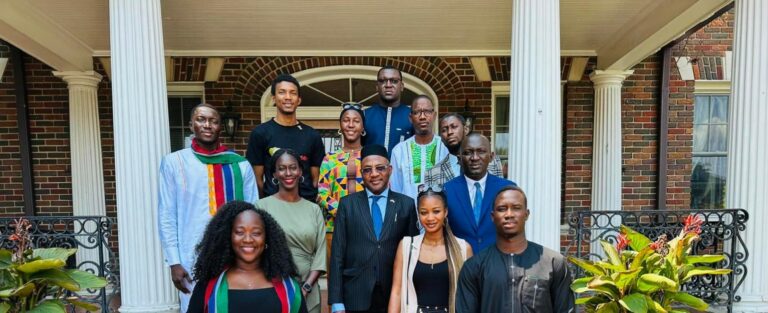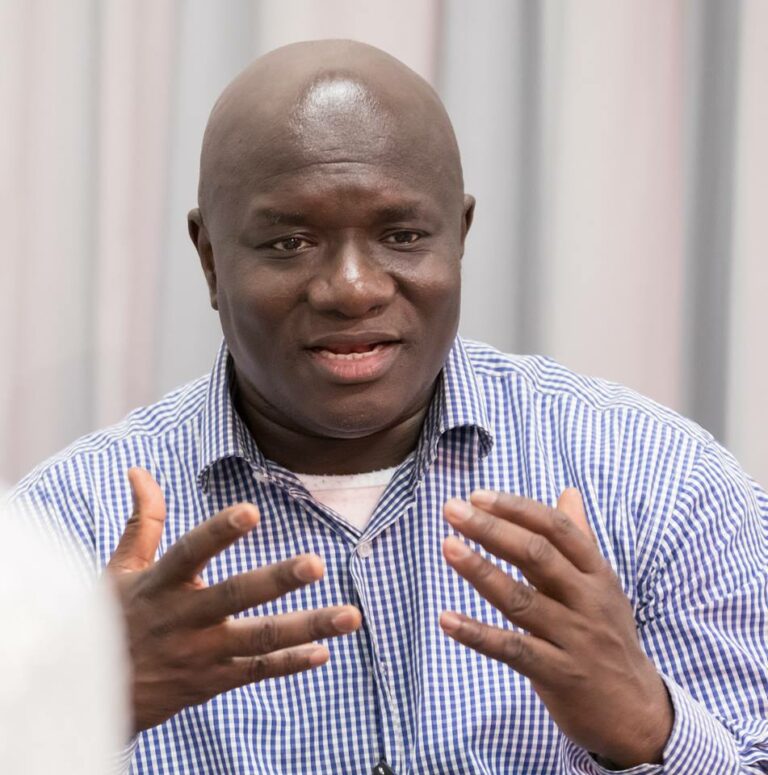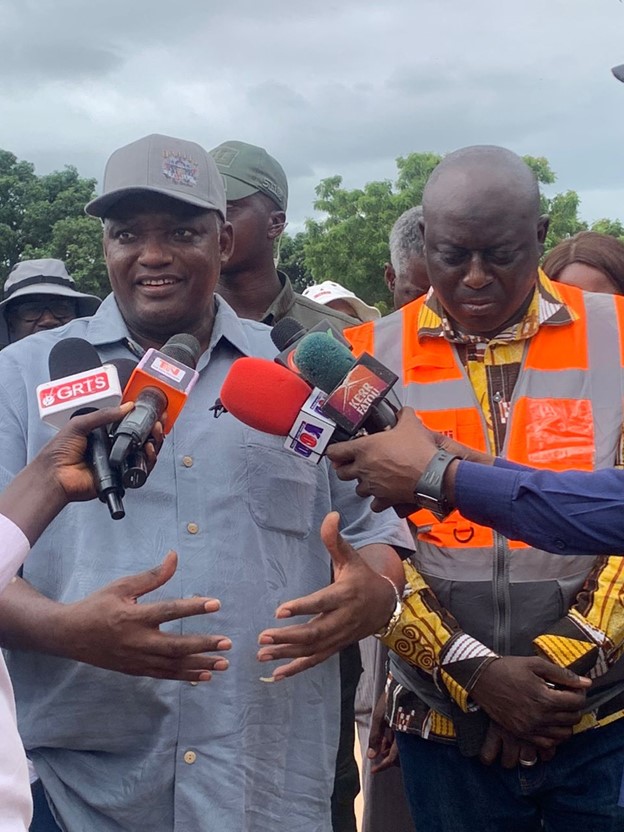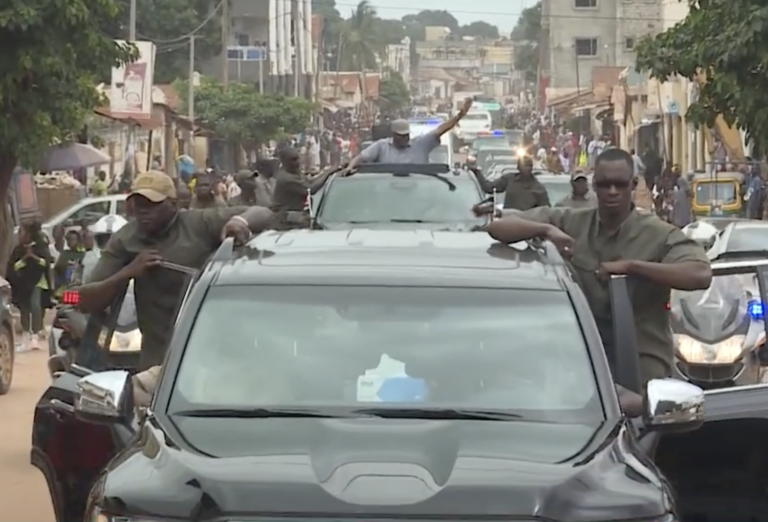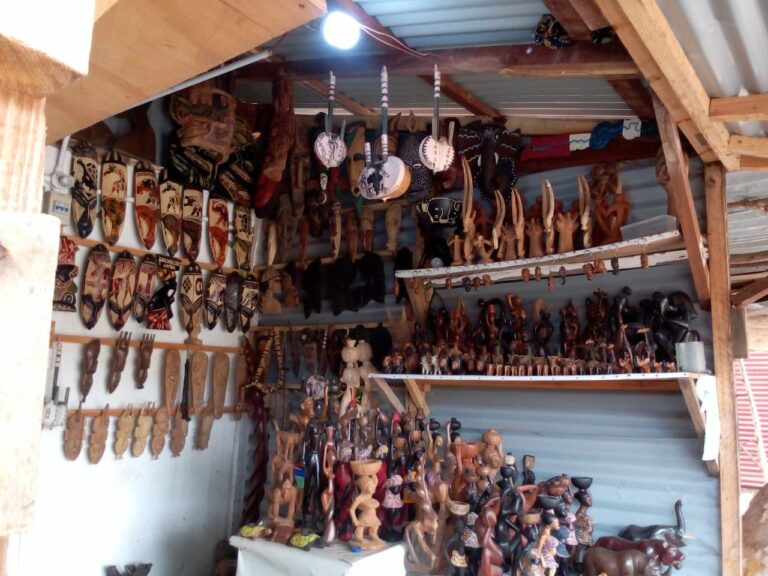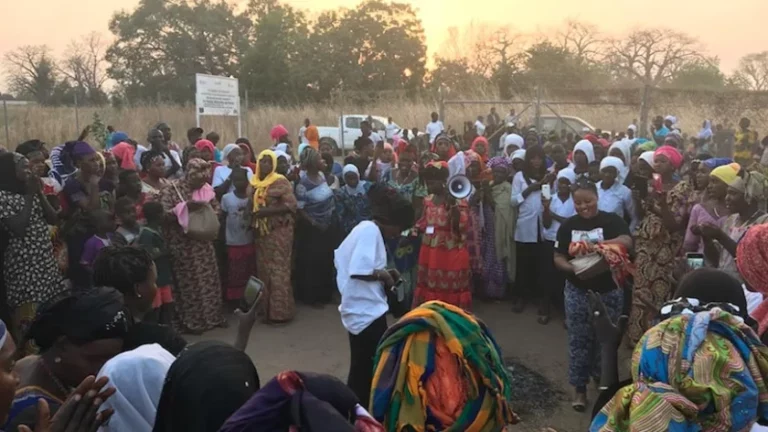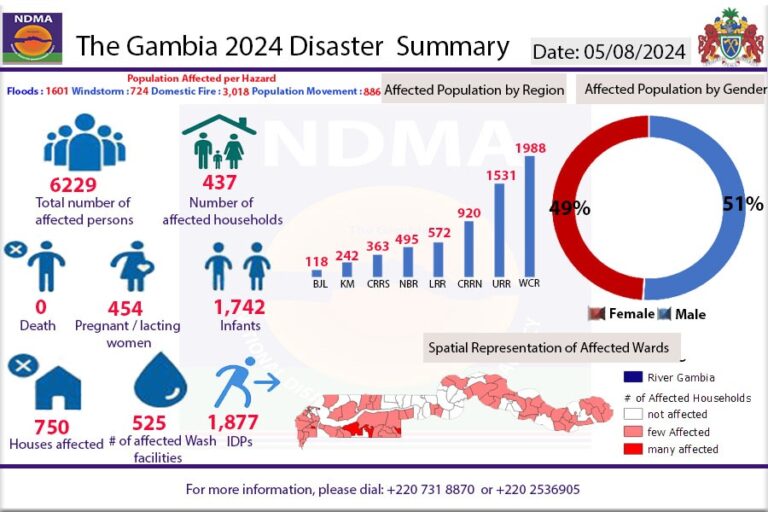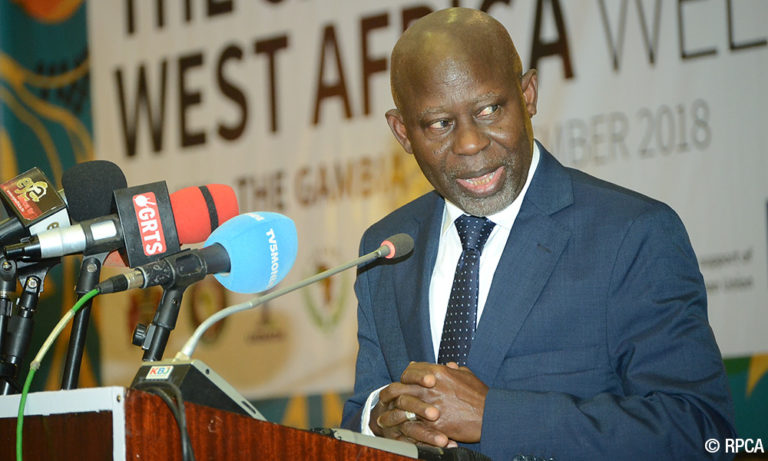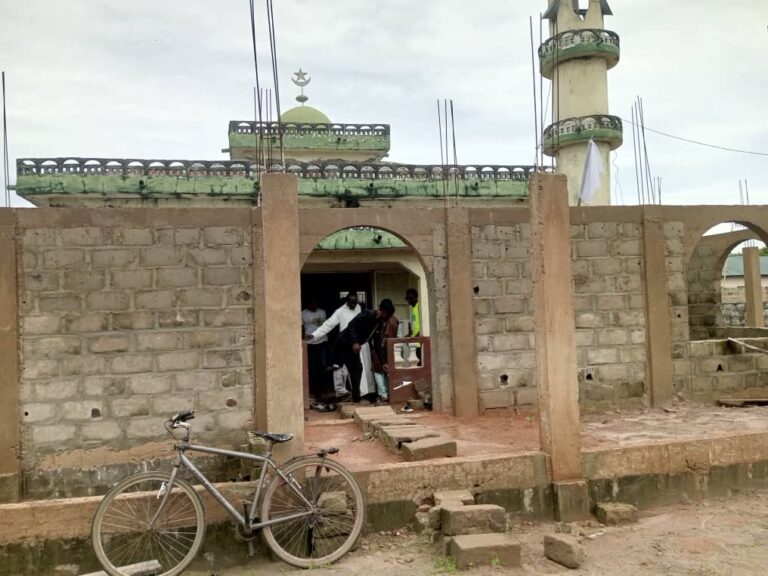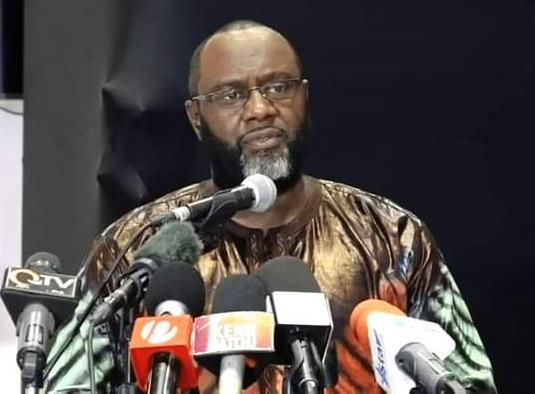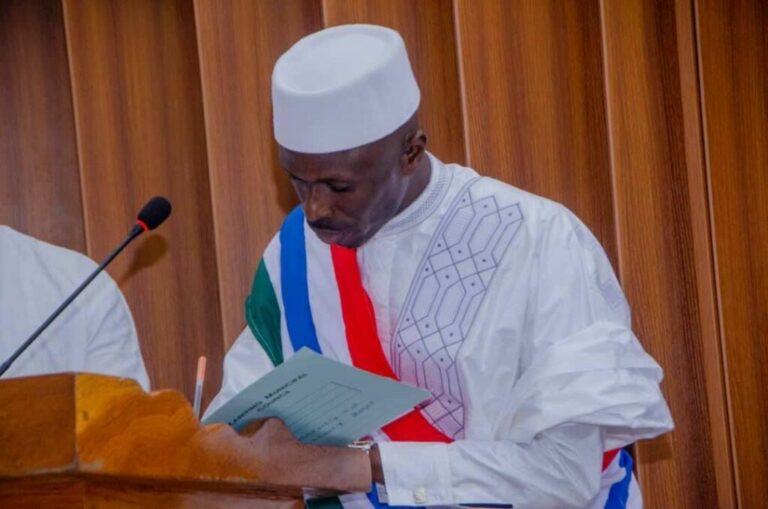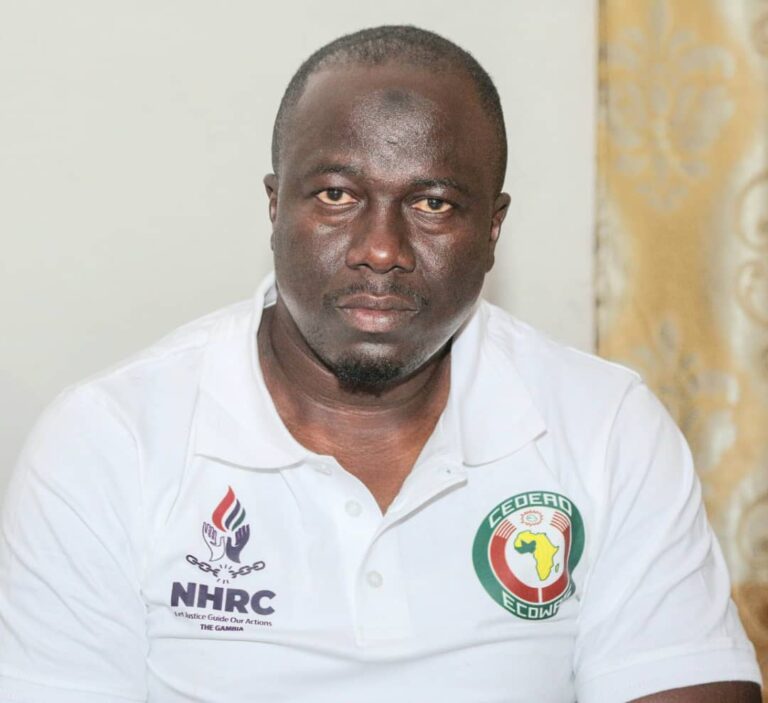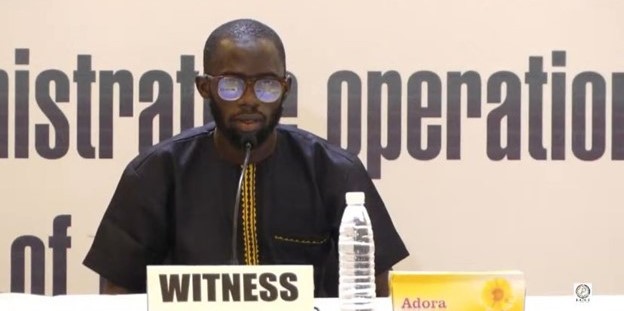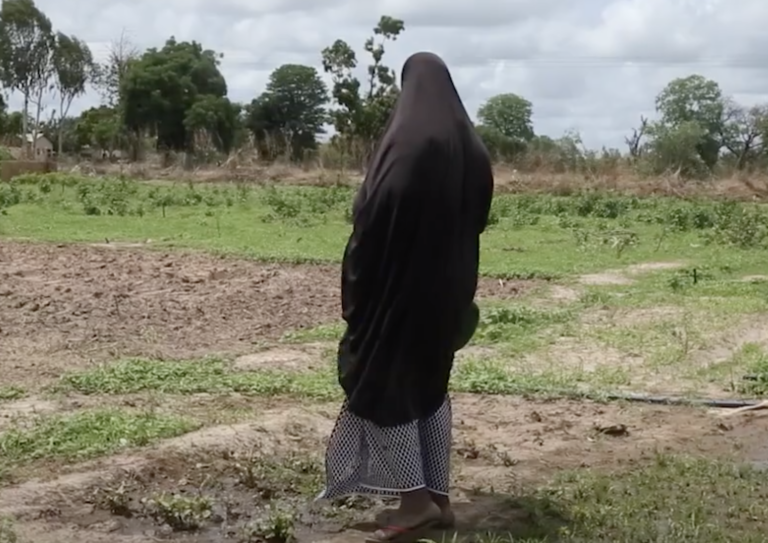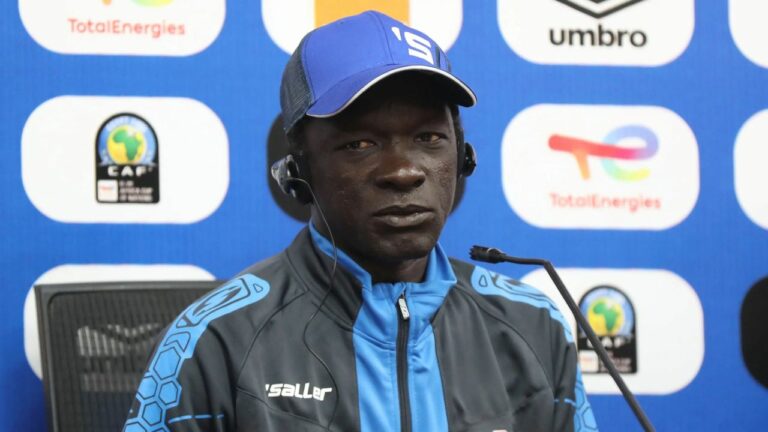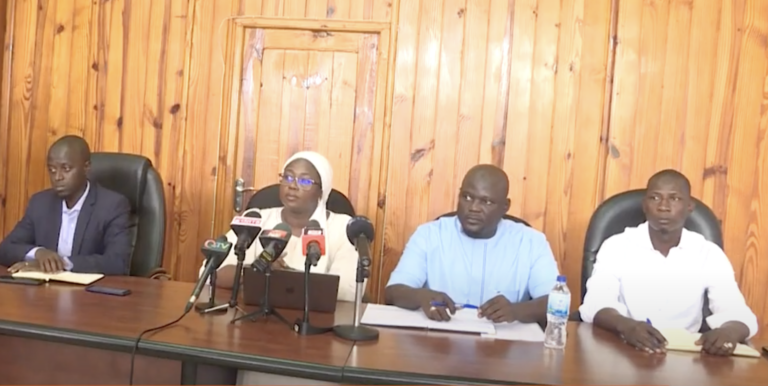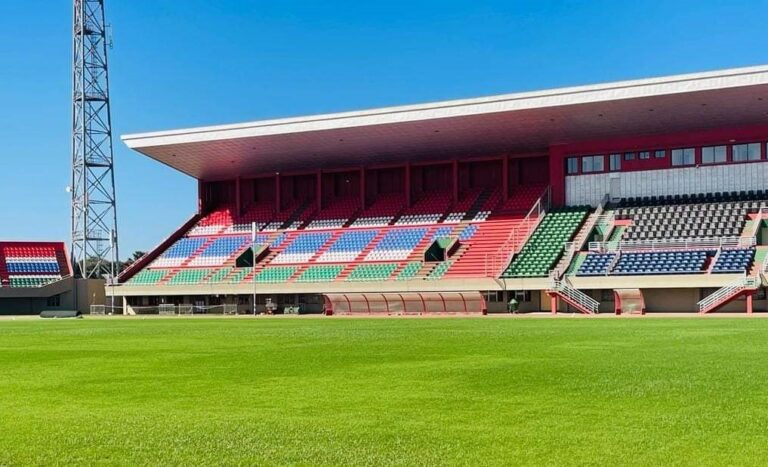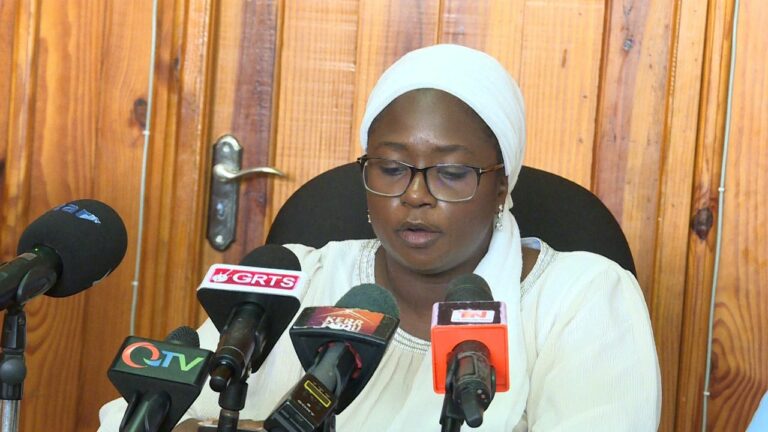By Michaella Faith Wright
Alpha Cesay: Crafting a Better Future
Alpha Cesay, born and raised in The Gambia, has been a dedicated craft artist since 2002. In an interview with The Fatu Network, he shared his journey in the craft business. Alpha carves and sells woodwork to tourists who visit The Gambia. He explained that he ventured into this business to develop himself and become a better version of himself. “I chose carving because I like it and have a passion for it,” said Alpha. He continued, “It has been beneficial to me, and that’s why I keep doing it. I see many people not focusing on their personal lives to help their future, but I thank Allah for helping me stay committed to my business and bring a change to my society and family.”
Alpha also shared the challenges he faces in the craft business. He noted that many people engage in certain businesses due to poverty. During the off-season and rainy season, sales significantly decline. Despite these challenges, Alpha remains grateful for his ability to support his family, including his children who are in school. He pointed out that his primary customers are white tourists who visit for holidays, which adds to the unpredictability of his sales.
Despite these obstacles, Alpha spoke proudly of his successes. He finds peace and fulfilment in his craft, and his community respects and appreciates him for his contributions. “As a young man, I believe in perseverance. You will reach your goals if you persist in whatever you are doing. Don’t see any work as beneath you as long as it is legal and helps you earn a living,” he advised. Alpha emphasized the importance of being independent and contributing positively to the community. He concluded by highlighting the mental and emotional benefits of hard work and the respect it brings.
Abduali Jarawa: A Lifetime in Craft
Abduali Jarawa has been selling hand-carved items, beads, and handbags at the Senegambia Craft Market for over 40 years. He sells every day, from Monday to Sunday, supporting his entire family through his craft. Abduali shared that the business has faced significant challenges recently. Sales have declined, and the influx of tourists has reduced, impacting his livelihood. Despite his extensive experience, he sometimes feels disheartened by the current state of the market.
However, Abduali also spoke of his success in building a house through his craft business, a testament to his perseverance over the years. Though the business is now only providing hand-to-mouth sustenance, he remains hopeful for better times ahead.
Fatou Cole: Crafting Amidst Competition
Fatou Cole, born to a Gambian mother and a Sierra Leonean father, has been in the craft business for a long time. She discussed the unique challenges she faces as a woman in the industry. Increased competition from street vendors and other markets selling similar items has significantly affected sales at the Senegambia Craft Market. Fatou also highlighted the lack of price control, leading to customer loss. Despite these challenges, she manages to support her home, children, and relatives through her craft business.
Fatou concluded with a message of resilience to all women, encouraging them to persist in their endeavours and remain supportive of their families.
Kadijha Bah: Crafting Independence
Kadijha Bah, who sells carvings, beads, and country clothes, started her business at a young age. She shared that the rainy season brings a decline in sales, unlike the peak season. The absence of price control adds to the difficulties, as vendors struggle to maintain customers. Despite these challenges, Kadijha values her craft business as her personal office. It provides her independence, enabling her to support her children, who are now in university, and other relatives. She noted that while white tourists previously offered more support, this has diminished over time.
Each of these artisans, despite facing significant challenges, finds fulfilment and pride in their craft. Their stories highlight the resilience and determination required to sustain a craft business in the Senegambia Craft Market.

